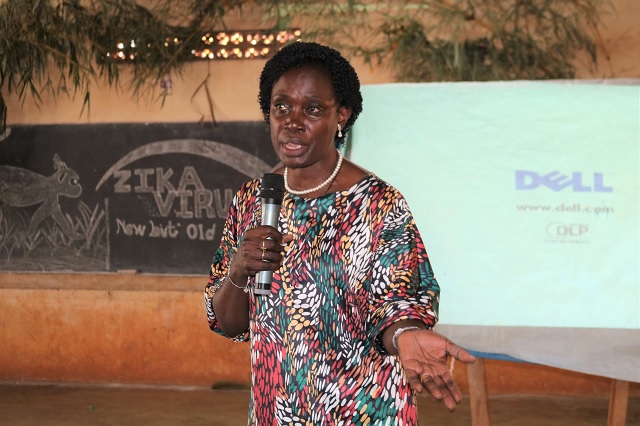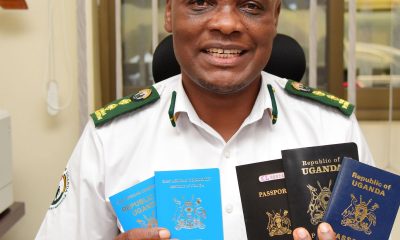In a significant development marking World Epilepsy Day, Uganda has embarked on a groundbreaking journey by initiating epilepsy surgeries to be conducted by local doctors. This move not only underscores a pivotal step forward in the country’s healthcare sector but also reflects a concerted effort to address a pressing medical need affecting a considerable segment of the population.
Epilepsy, characterized by recurrent seizures, has long been a challenge in Uganda, with studies indicating a prevalence of 1 to 2 percent among its population, as reported by the Makerere University School of Public Health. Dr. Angelina Kakooza, a renowned child neurologist and associate professor of pediatrics, highlighted the country’s burgeoning capacity in epilepsy surgeries, a venture initially pioneered at Cure Hospital-Mbale by American medical practitioners.
While elucidating the surgical process, Dr. Kakooza emphasized the necessity for thorough patient evaluations to ascertain the appropriateness of surgery. She delineated that while surgery might not be a viable option for all patients, it remains particularly efficacious when seizures emanate from a singular brain locus, especially following unsuccessful attempts with anti-seizure medications.
The initiative has garnered commendation from healthcare authorities, with Dr. Juliet Nakku, the Executive Director of Butabika National Referral Hospital, emphasizing the pervasive myths and misconceptions surrounding epilepsy, leading many sufferers to forgo medical intervention. Dr. Nakku stressed the imperative of dispelling such misconceptions through heightened awareness campaigns to foster a better understanding of epilepsy as a treatable medical condition.
Dr. Nakku further elaborated on the surgical procedure, noting that trained neural surgeons will meticulously identify and excise areas of aberrant brain activity, offering hope for seizure-free lives to those undergoing surgery. She underscored the presence of adept local experts poised to deliver this service, marking a significant stride in the country’s medical landscape.
Collaborative efforts spearheaded by institutions like Makerere University underscore a concerted drive to bolster local expertise and infrastructure, ensuring sustainable provision of epilepsy treatment services. Dr. Richard Idro, an Associate Professor of Pediatrics and Child Health at Makerere University, reiterated the importance of such collaborations in augmenting local capacity to meet burgeoning healthcare demands.
The commencement of epilepsy surgeries in Uganda not only represents a beacon of hope for countless individuals grappling with this neurological disorder but also epitomizes the nation’s commitment to advancing healthcare accessibility and quality. As International Epilepsy Day continues to catalyze global awareness efforts, Uganda’s stride towards offering comprehensive epilepsy care stands as a testament to the transformative potential of collaborative healthcare initiatives.
















